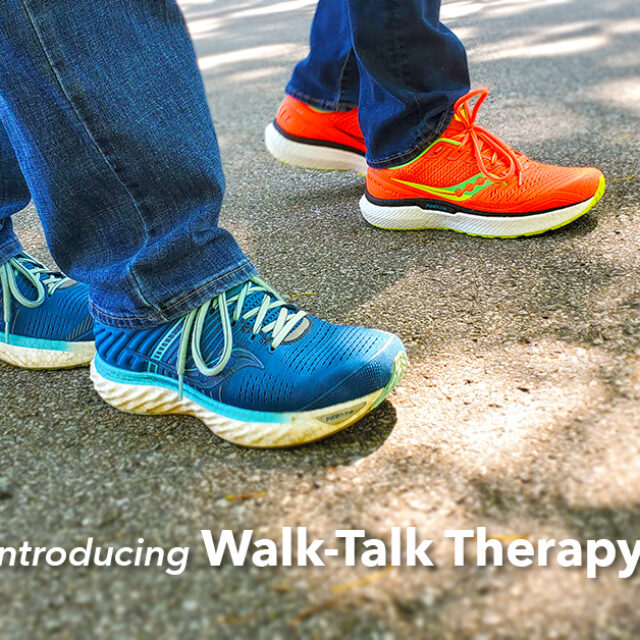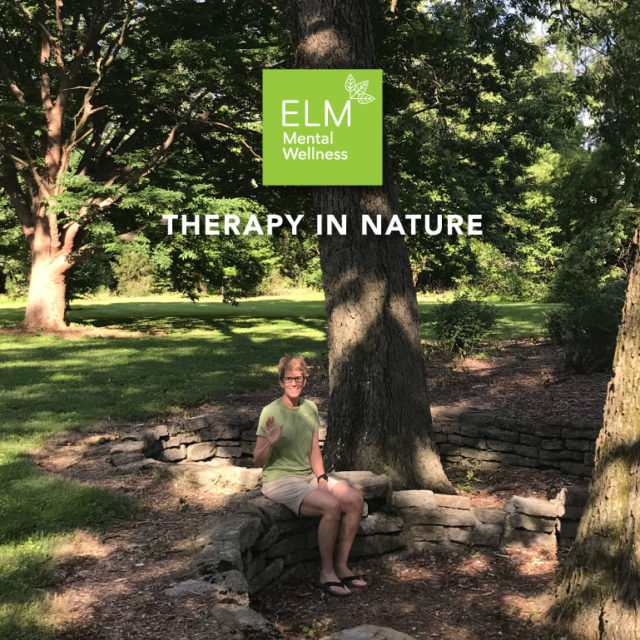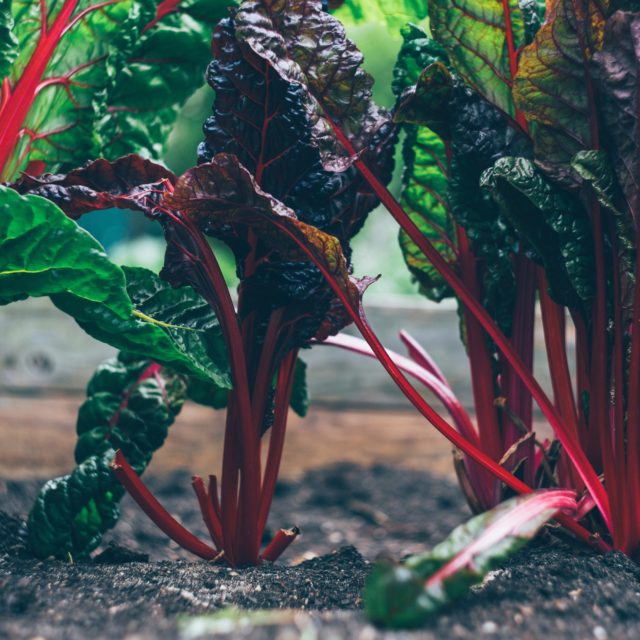Just a walk in the woods or a stroll by the beach on a sunny morning can awaken the innermost feelings of happiness and peace, and Environmental Psychology has gone a long way proving this fact (Bell, Fisher, Baum, Greene, 1996).
Our affinity toward nature is genetic and deep-rooted in evolution. For example, have you ever wondered why most people prefer to book accommodations that have a great view from the balcony or the terrace? Why patients who get a natural view from their hospital bed recover sooner than others? Or why does it happen that when stress takes a toll on our mind, we crave for time to figure out things amidst nature?
Frank Lloyd Wright had said, “Study Nature, love Nature, stay close to Nature. It will never fail you.”
Nature Improves Psychological Well-Being
- Nature helps in emotional regulation and improves memory functions. A study on the cognitive benefits of nature found that subjects who took a nature walk did better on a memory test than the subjects who walked down the urban streets (Berman, Jonides, Kaplan, 2008).
- Nature walks benefit people suffering from depression (Shern et al., 2014). Studies had shown that people suffering from mild to major depressive disorders showed significant mood upliftments when exposed to nature. Not only that, but they also felt more motivated and energized to recover and get back to normalcy (Berman, Kross, Kaplan, 2012).
- Recent investigations revealed that being outdoor reduces stress by lowering the stress hormone cortisol. Besides that, it also makes us immune to allied problems like hypertension and tachycardia (Lee J, 2011).
- Nature walks and other outdoor activities build attention and focus (Hartig, 1991). There are pieces of evidence that indicate strong environmental connections to be related to better performance, heightened concentration, and reduced chances of developing Attention Deficit Disorder.
- A study at the University of Kansas found that spending more time outdoors and less time with our electronic devices can increase our problem-solving skills and improve creative abilities.
The Importance of Nature to Well-Being
A 30-days campaign was run by the Wildlife Trusts of the University of Derby, with the prime focus on uncovering the crucial role nature plays in our overall eudaemonia. The study revealed that subjective feelings of happiness and wellbeing were positively correlated with natural activities such as gardening, animal feeding, bird watching, and bushwalking.
Dr. Miles Richardson, the face of this research, cited valuable evidence on how proximity to the nature improved mood, enhanced respiratory functioning, regulated hormonal malfunctions, and impacted on the thought structure of individuals as a whole.
Just by being outdoors and using all our senses to appreciate nature, we can be more mindful of the present, gain emotional resilience, and combat stress with more vitality.
We become naturally immune to anxiety, emotional ups and downs, and thought blocks, thereby feel more lively and energetic than before.
The survey further pointed that people who lived close to natural wilderness like the beach, mountains, or parklands, had better mental health and reported of falling sick lesser than those living in congested urban settings (Kuo and Coley, 2016).
Such families had fewer instances of domestic violence, said of feeling less fatigued, and showed increased productivity at the professional front
5 Ways to Apply the Positive Effects of Nature in Our Life
1. Walk more
We know walking is good for the heart, muscles, and the overall metabolism rate. And now scientists have proved that walking in the natural environment improves our emotional health too.
A study conducted and published by Stanford University, California revealed that participants who walked in the green parklands showed increased attention and focus, more so than participants who walked in closed urban settings or on a treadmill.
Not only that, but the former group also showed less engagement in negative thinking and felt more confident about themselves than the other group.
2. Keep a nature journal
A nature journal is a creative and unique way of imbibing the positive vibes of nature into our everyday lives. Many people who encourage this habit express feelings of inner peace and joy. In a nature journal, we can collect and note everything about our encounters with the outer world.
For example, after a walk by the beach on a cloudy evening, we can sketch some clouds in the journal or draw the sea and write how we felt when we were walking through the breezy shore. Many people collect small things like a pebble, flowers, feathers, or leaves, and glue them in the nature journal with their thoughts poured into it. A great way to spend some quality ‘me-time,’ nature journaling inevitably brings a part of nature in our usual lives.
3. Spend some working hours outside
Most working professionals today have the flexibility to access daily tasks outside (thanks to technology). We can choose to spend a part of our working day out to avoid the monotony of the cubicle and the same old office space.
It may be one conference in the garden or lunch at the local park, anything that can logically amalgamates with nature. Spending some time outside alone or with co-workers gives an instant boost of freshness to the mind, thereby reducing the stress and frustration that comes from working tonelessly for hours at a stretch.
4. Plant at home
Growing plants at home not just add aesthetic beauty to your space, it also contributes to purifying the air you breathe in.
Having plants at home balances and soothes the home ambiance and aids in respiration and breathing. Studies have proved that indoor plants or a garden are beneficial for the mental health of the people who live there. They help in improving sensory awareness, cognitive functions, and enhances focus.
Indoor plants reconnect us to nature, please our senses, and brings a serene feeling when we stay close to them.
5. Balance the diet with more natural elements
Diet is undoubtedly a great way of establishing a strong connection to Mother Nature. By consuming more plant-based proteins, vitamins, and minerals, we can help our body maintain its optimal state of functioning and homeostasis level.
Recent healthcare research proved that the consumption of plant-based protein is correlated to lower mortality rates as opposed to animal-based proteins. It is not a bad idea, after all, to replace meat with vegetables and grains – if that brings good health and long life to us!
A Take-Home Message:
“All the trees are losing their leaves, and not one of them is worried”
Donald Miller






